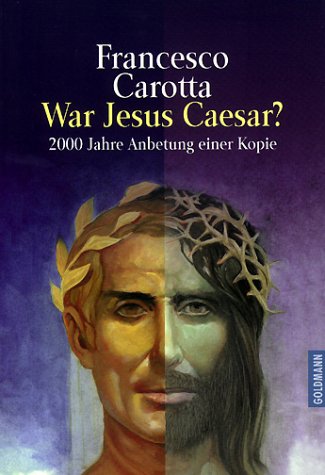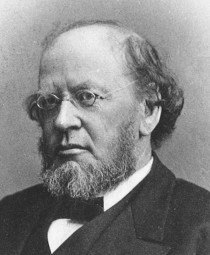
The following article is by my pastor, the Rev. Allen Church.
News Flash for Christians: Repenting of the Religion of Statism
If more Christians would awaken to their duties as citizens and vote the Bible more than their pocketbook (which usually involves fleecing Peter to pay Paul) our present course of destruction could quickly be averted. Very simply, the church needs to repent of its idolatry of civil government.
Many Christians think that whether or not they support big government is just a matter of opinion. Few today realize that they are committing the sin of idolatry when they support big government and its claims to authority over every aspect of everyday life (including the size of your toilet). When Christians support big, all powerful civil government they are practicing the religion of Statism, which is a form of satanism and secular humanism.
Basically, the religion of Statism is the worship, service, and unqualified submission to a rebellious civil government that claims authority over every person and detail of life in its attempt to replace the authority and rule of the sovereign God revealed in the Bible.
Simply, the religion of Statism is the idol worship of civil government. It is a violation of the commandment, Deuteronomy 5:6-10 "
I am the LORD thy God, which brought thee out of the land of Egypt, from the house of bondage. Thou shalt have none other gods before Me. Thou shalt not make thee any graven image, or any likeness of any thing that is in heaven above, or that is in the earth beneath, or that is in the waters beneath the earth: Thou shalt not bow down thyself unto them, nor serve them: for I the LORD thy God am a jealous God, visiting the iniquity of the fathers upon the children unto the third and fourth generation of them that hate Me, And shewing mercy unto thousands of them that love Me and keep My commandments." Additionally, the practice of the religion of Statism usually includes a violation of the commandment: "
Thou shalt not steal."
Now you may say, " I do not worship idols or graven images." That is understandable. The Church has not done a good job teaching folks that ideas themselves can be idols. Intellectual idols can be constructed and worshiped. These idols of the mind that result in human action offend our Holy and Righteous God.
Remember: It is helpful to know that the ideas and institutions of men can be idols.
Both civil government and the Church are obligated to submit to the Word of the Sovereign God who rules over all life. Both are to stay within their respective limits which means that both are severely restricted in authority and scope by God. Civil government is very restricted by Romans 13 which is usually misused to demand unrestricted submission to civil government. By the way, God's arrangement gives greater protection to Christians and Pagans, but that is for another article.
Getting down to brass tacks, remember that how you vote is an expression of your faith. If you are voting for big government you are sinning against the God revealed in the Bible. You are offending Christ and His rule. With Christ there is liberty. With Statism there is slavery, which is the end result of all idolatry.
[ Dr. Church now lives in Blacksburg, SC. He is a Presbyterian minister, Christian activist, and businessman. He served with the National Clergy Council during the Chief Justice Judge Roy Moore Ten Commandments challenge in Montgomery, Alabama. He organized the South Carolina and North Carolina capitol Ten Commandments rallies, and has also been a speaker in Washington, D.C. on the Ten Commandments issue and at Right to Life rallies. He has participated in a C-Span forum on Christian-Muslim relations. He also served as a delegate to the Reformed Ecumenical Council in Harare, Zimbabwe when it assembled in 1988 to arrange ecclesiastical meetings with the South African government to do away with apartheid. He served as an editor and writer for the REC curriculum book: Secularism in International Perspective. Currently he is participating as a speaker and writer with Cherokee Cares. He just secured thepsalm2project.org address and is looking for someone to help design the website as he prepares to launch The Psalm 2 Project to challenge citizens and civil leaders to commit themselves to "Kiss the Son" acknowledging the supremacy of Christ and His law in the civil arena.]










